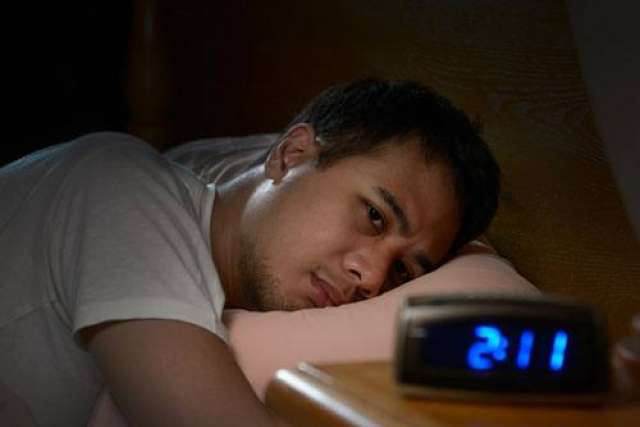Sleep is essential to a healthy and high-quality life. It can help you achieve mental clarity, fight off illness and maintain a healthy weight. Unfortunately, 20 to 30 percent of people sleep poorly. Even worse, 10 percent of people have chronic insomnia — difficulty falling or staying asleep.
Good sleep hygiene can thwart insomnia
Chronic insomnia has serious health disadvantages. It is linked to an increased risk of:
- Premature death
- Heart attack
- High blood pressure
- Type 2 diabetes
- Depression and anxiety
- Dementia and Alzheimer’s disease
There are plenty of sleep trackers and apps designed to help you get a handle on your sleep patterns and quality. But for many people, checking sleep stats causes anxiety about sleep. And worrying about sleep can make getting quality sleep even harder.
Instead of investing in technology (or using medication) to help you sleep better, follow these six sleep hygiene strategies to promote sleep naturally:
Establish a sleep routine
Prime your body for bedtime by following the same routine each night. For example, you might take a warm bath or shower, brush your teeth, play soft music and turn down the lights. When you establish a routine and a set bedtime, your body will begin to relax and unwind as you respond to these cues.
Get regular exercise
Regular exercise can help you sleep better, especially when you exercise outside so you have greater exposure to natural light. Just avoid exercising close to bedtime; it might cause you to wake up rather than settle down.
Avoid stimulants
You probably know to avoid caffeine before bedtime, but you might need to have your last cup of coffee before noon. Other stimulants, like cigarettes and alcohol, can negatively affect your ability to fall asleep, stay asleep or sleep soundly. Eating a heavy meal before bed can also impact your sleep — instead, choose a light snack like a piece of fruit and a glass of warm milk.
The blue light emitted from smartphones, TVs and tablets may be as stimulating as a cup of coffee. The blue light suppresses the production of melatonin, a natural sleep hormone, making you less tired at night. Put your screens to bed well before you turn in. If you want to read on a device at night, choose an e-reader that doesn’t use a blue light.
Link your bed with sleep
Only use your bed for sleep and sex so your brain begins to associate the bed with these activities. If you go to bed sleepy but can’t fall asleep after 20 minutes, leave your room to read or take a warm shower, then get back into bed when you feel sleepy.
Let go of your worries
If you tend to review your to-do list when you turn out the light, have a pen and paper handy to jot down thoughts that pop into your mind. Once you record them on paper, you’ll be less likely to keep thinking about them.
Try sleep meditation
Being mindful of your thoughts can help you replace negative thoughts with positive ones and overcome excessive “mind chatter” so that you can enter a relaxed state. Before bed, listen to soothing music or a recorded meditation to help you become calm and ready for sleep.
The UCLA Mindful Awareness Research Center offers guided meditations that may help you fall asleep. If you need additional support to help you sleep, contact the UCLA Sleep Disorders Center.



